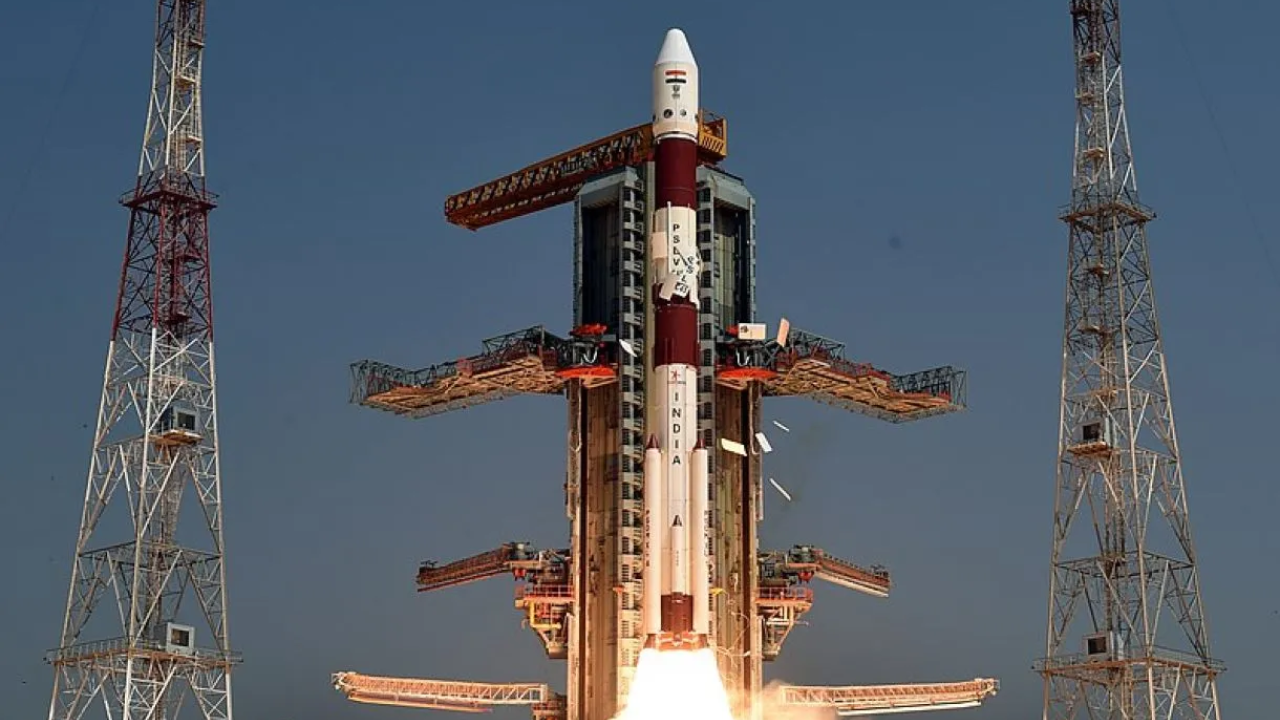Table of Contents

India is stepping up its space ambitions with a new project that will revolutionise how it reaches the stars. The Union Cabinet, chaired by Prime Minister Narendra Modi, has approved the development of ISRO's Next Generation Launch Vehicle (NGLV). This cutting-edge vehicle is designed to be cost-effective, reusable, and capable of carrying larger payloads than current rockets, making it a crucial element of India’s future space endeavors.
What Is NGLV and Why Is It Important?
The Next Generation Launch Vehicle (NGLV) is set to carry three times the payload of ISRO's current LVM3 rocket, which has been a workhorse for satellite launches. This new rocket will be able to transport up to 30 tonnes of cargo to Low Earth Orbit (LEO), while being 1.5 times more cost-effective. One of its most exciting features is its reusability, allowing for cheaper access to space.
This development is part of India’s larger goal of creating the Bharatiya Antariksh Station, a national space station. Additionally, the NGLV will play a key role in India's ambitions for a crewed mission to the Moon by 2040, marking a significant leap for the country’s space program.
Supporting India's Growing Space Ecosystem
Currently, ISRO is self-reliant in launching satellites up to 10 tonnes to LEO and 4 tonnes to Geo-Synchronous Transfer Orbit (GTO) through its existing vehicles like PSLV, GSLV, and LVM3. However, with the rise of global space activity, there's a growing demand for more powerful and cost-effective launch systems. NGLV is designed to meet these new requirements and will benefit a variety of missions – from human spaceflight and lunar exploration to launching communication and Earth observation satellites.
Timeline and Investment
The project is expected to take 96 months (eight years) to complete, with three test flights (D1, D2, and D3) planned. The total budget approved for NGLV’s development is Rs 8,240 crore. This fund covers development costs, test flights, setting up essential facilities, and managing the program. The project also envisions significant involvement from India’s private sector, which will invest in manufacturing capacity right from the start.

